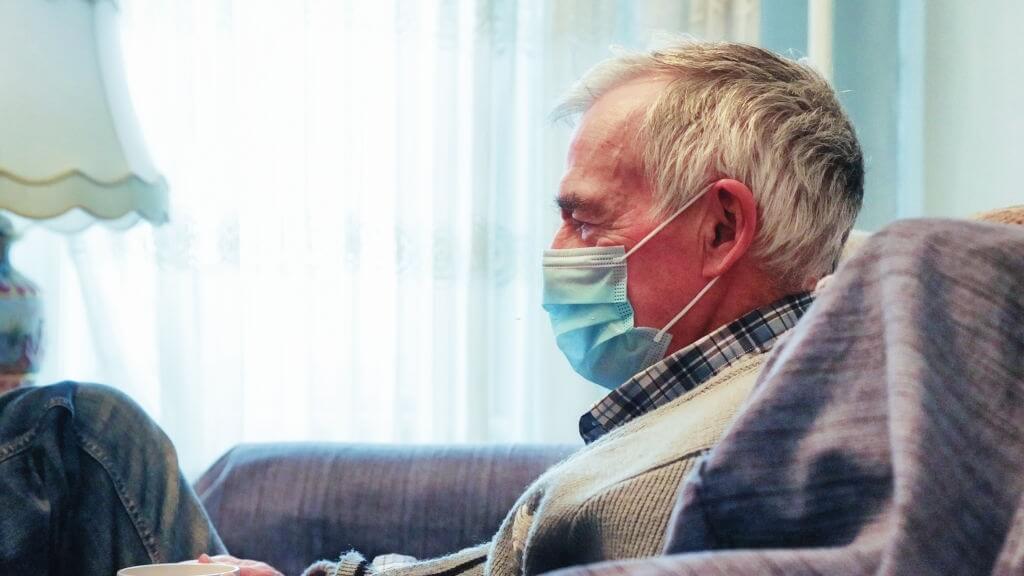Since COVID 19 is largely thought to be a respiratory disease, doctors have discovered that it also affects the nerve system, causing severe neurological symptoms in exceptional cases. Post-traumatic stress disorder (PTSD) is a mental health illness brought on by watching or experiencing a horrific incident.
In new research, these facts are revealed that has created a buzz across the medical fraternity. As per a few experts, some more research is yet needed as far as this virus and its variants are concerned as many more things we may not be known at present and they can help us get better command in this battle.
COVID Survivors Had Altered Functional Brain Network, Linked To PTSD
The latest research was done by a team of experts with samples of a variety of patients from different areas and severity of infection as well as medical conditions.

Long-term mental health issues, such as anxiety, sadness, and post-traumatic stress disorder, affect certain COVID 19 survivors. Few researchers have looked at functional abnormalities in the brain, which could explain the physiological processes that underpin COVID 19 survivors’ long-term mental health problems.
The temporal coincidence of spatially distant neurophysiological events is defined as a functional connection. That is, if there is a statistical relationship between the measures of activity reported for two locations, they are deemed functionally connected.
The idea behind this connection approach is that if the functional activity is regularly correlated between areas, they are assumed to be coupled or components of the same network.
The researchers set out to see if survivors experience functional disruption of large-scale brain networks, which are groupings of discrete and extensive brain regions that work together to complete complex cognitive tasks, in this report published in Neurobiology of Stress.
COVID 19 survivors self-reported much higher symptoms of post-traumatic stress than the controls, according to the findings. COVID 19 survivors also showed irregular patterns of brain connection over time, which were strongly known to increase post-traumatic stress symptoms.
COVID (Common Viral Infection Virus)- According to a study co-authored by Vince Calhoun, Distinguished Professor of Psychology at Georgia State University and director of the Centre for Translational Research in Neuroimaging and Data Science (TReNDS), 19 survivors report significantly higher symptoms of post-traumatic stress, and these symptoms are linked to changes in brain connectivity.
The Centre for Translational Research in Neuroimaging and Data Science (TReNDS) at Georgia State, Georgia Institute of Technology is focused on developing, applying, and sharing advanced analytic approaches and neuroinformatic tools that leverage advanced brain imaging and omics data, with the goal of translating these approaches into biomarkers that can help address relevant issues.
“We found a strong connection between the intensity of their post-traumatic stress symptoms and how often their brain patterns are in that condition when we looked within the COVID 19 survivor group,” Calhoun said.
“Our findings show that COVID affects transitory brain dynamics rather than long-term activity,” said Zoning Fu, the study’s first author, and a TReNDS research scientist.
They evaluated 50 COVID 19 survivors and matched control participants using functional MRI (fMRI) and self-reported post-traumatic stress symptoms.
The COVID 19 survivors were discharged from hospitals in Wuhan, China, during February and March 2020, and were tested six months later.
The observations stress the need of evaluating transient, time-varying functional network changes in COVID 19 survivors, although Calhoun stresses out that several questions remain unanswered, including why this one brain state is connected to post-traumatic stress.
The research team also wants to recreate the study with various data and look at how subjects change before and after infecting COVID 19.